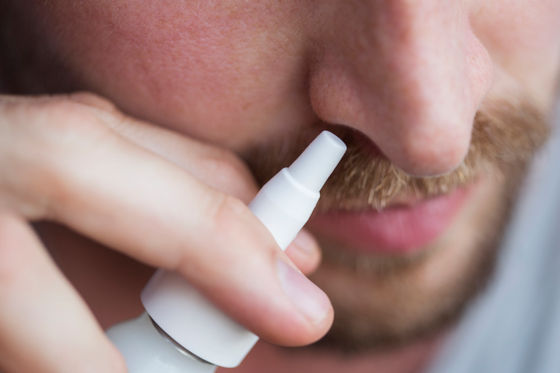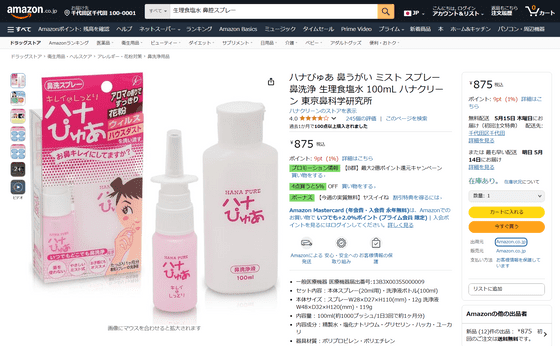Experts say you shouldn't use nasal drops to clear stuffy noses for more than a week, but what are the risks of overusing handy nasal sprays?

For people with hay fever or chronic rhinitis, there must be many who cannot do without nasal drops to clear stuffy noses depending on the season or their physical condition. Nose drops containing
From headaches to addiction: the risks of overusing nasal decongestant sprays
https://theconversation.com/from-headaches-to-addiction-the-risks-of-overusing-nasal-decongestant-sprays-254830

According to Dipa Kamdar, senior lecturer in pharmaceutical practice at Kingston University in the UK, nasal congestion occurs when the mucous membranes of the nose and sinuses become inflamed by allergens, viruses, or pollutants. When an inflammatory response occurs, immune cells release inflammatory chemicals, which lead to swelling and increased mucous secretions. This swelling can restrict airflow, making it difficult to breathe and disrupting sleep.
Most nasal drops for congestion contain drugs such as

Many people find these nasal sprays useful because they work quickly, but their convenience can come at a price: decongestant nasal sprays carry the risk of withdrawal symptoms such as headaches, stuffy nose, dry nose, and even anxiety if you stop using them.
The most worrisome side effect of overuse of nasal sprays is a condition called rebound nasal congestion, or '
If this occurs, there is a risk of it developing into stubborn chronic sinusitis, and repeated blood vessels constricting can reduce blood flow to the nasal tissues, causing the mucous membrane to thin (thinning), chronic nosebleeds and dryness, and even septal perforation , in which a hole develops in the nasal septum that separates the left and right nostrils.

Overuse of nasal sprays can also damage
In addition to the physical dependence, many nasal spray users also experience psychological problems because the fear of being unable to breathe without the spray can cause great anxiety if they become too dependent on it, making it difficult to give up the spray even when the symptoms of overuse worsen.
A safer alternative, Kamdar says, is to use saline nasal drops or rinsing, which can help flush out debris and moisten nasal passages without causing rebound congestion.
Amazon.co.jp: Hana Pure Nasal Rinse Mist Spray Nasal Cleansing Saline 100mL Hanaclean Tokyo Rhinology Research Institute: Drugstore

If you absolutely must use nasal drops to relieve congestion, the recommended usage period is 3 to 5 days, or at most 1 week. In addition, it is important to read the package insert and product label carefully and follow the directions for use and dosage.
'While fast-acting nasal sprays are convenient, overuse can lead to serious consequences, including congestion due to withdrawal symptoms, damage to nasal tissue and psychological dependence, so use them in moderation and consult a medical professional if your congestion lasts for more than a week,' Kamdar said. 'With safer alternatives and medical guidance, you can breathe easier without the long-term risks.'
in Science, Posted by log1l_ks